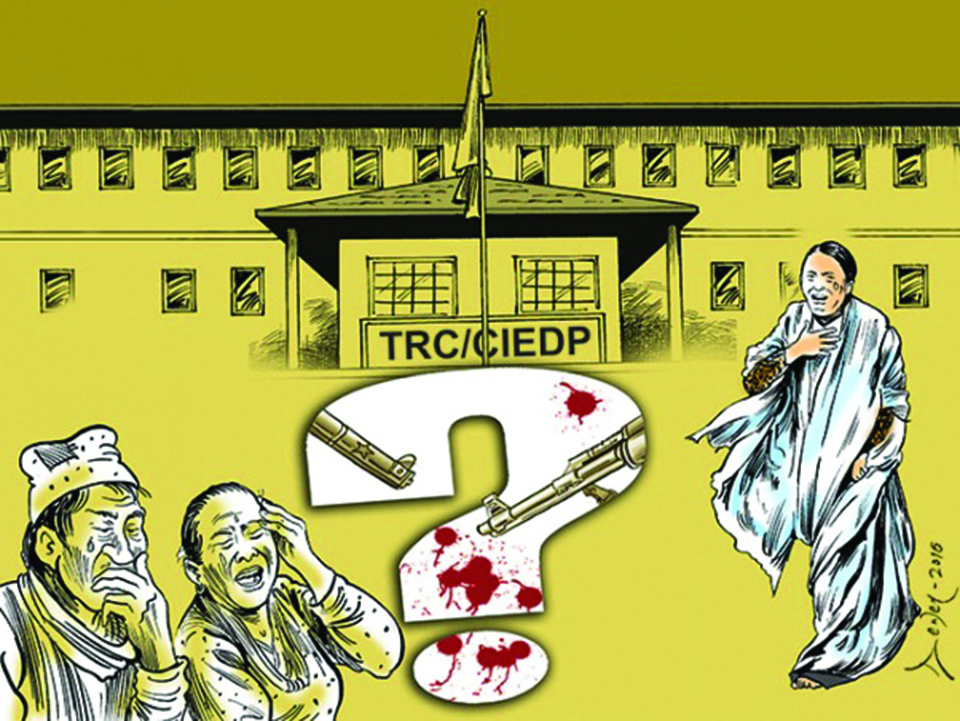Friday’s ruling has effectively barred local representatives from taking salaries
KATHMANDU, Oct 20: The National Association for Rural Municipalities in Nepal (NARMN), an umbrella organization of local bodies in the country, has decided to start lobbying the provincial governments to revise laws pertaining to service and facilities of local representatives.
The move follows the Supreme Court (SC)’s ruling that local representatives cannot take salaries and perks.
On Friday, a constitutional bench led by Chief Justice Cholendra SJB Rana invalidated the laws governing salaries and related benefits of local representatives, thus effectively barring local representatives in all provinces except Province 1 to take salaries and perks.
Conflict victims call for govt's attention on transitional just...

“We respect the verdict since the constitutional bench itself has ruled that it’s against the constitution,’’ said Hom Narayan Shrestha, president of NARMN. Local representatives say that the apex court ‘has rightly pointed out at incongruities in the provincial laws and it should be revised without any further delay’.
“The constitution has left it to the province to decide issues related to salaries. That means all provinces expect Province 1 had some lapses in the laws. It should be revised now,’’ said Shrestha.
NARMN officials said that they have already directed the provincial chapters to lobby with their respective governments to change the laws. The Municipal Association of Nepal, an amalgamation of municipalities across the country, is also preparing to separately lobby for revising the laws. The association said that most of the provinces are positive about revising the laws in accordance with the constitution.
“We hope the laws would be amended once the house proceeds. But we may have to forfeit the salaries for two or three months,” said an official.
Opinions remain divided over the SC’s ruling. While some including legal experts have welcomed the decision, many others appear deeply critical. Province 5 Chief Minister Shankar Pokharel on Friday questioned soundness of the SC’s order.
“Since the constitution itself has endowed executive power to all three tiers of the government, it’s not right to tell local representatives to work without salaries (especially in relation to the executive),” Pokharel tweeted.
Ram Sharan Basent, spokesperson of Gandaki Province, remarked that it was ‘ridiculous’ to tell that it was alright to take allowances but not salaries.
The verdict affects billions or rupees being distributed to local elected officials in salary and allowances under the laws that were promulgated after the country turned into a federal republic.
Friday’s ruling has effectively barred local representatives from taking salaries.
Representatives of the 753 local governments have been taking home salaries under laws that they themselves enacted. In Province 1, the representatives are entitled to allowances instead of monthly remuneration.
The chiefs and deputy chiefs of district coordination committees have been receiving monthly remuneration of Rs 40,500 and Rs 35,500 respectively, while municipality chiefs and deputy chiefs have been drawing above Rs 35,000 and 30,000 monthly. The representatives of sub-metropolitan and metropolitan cities are entitled to higher perks and privileges.

































